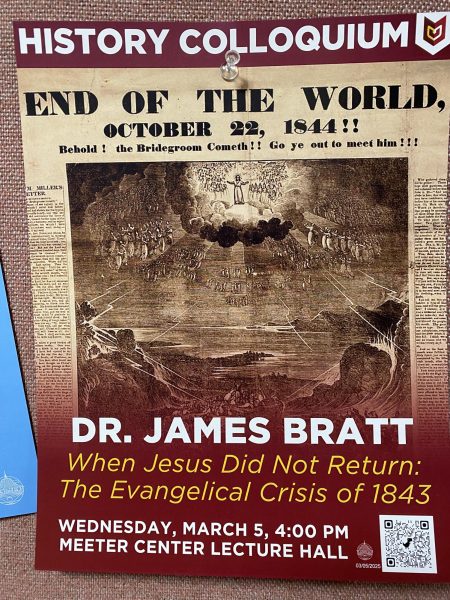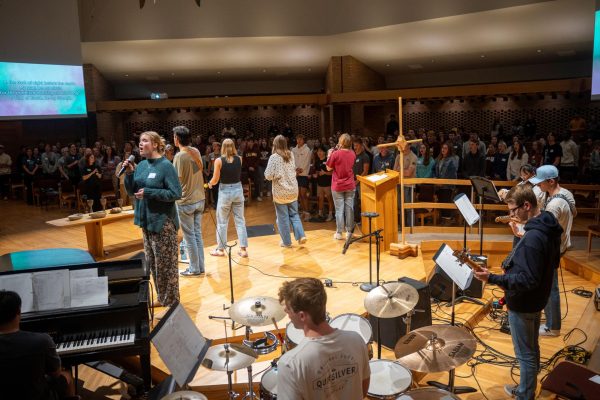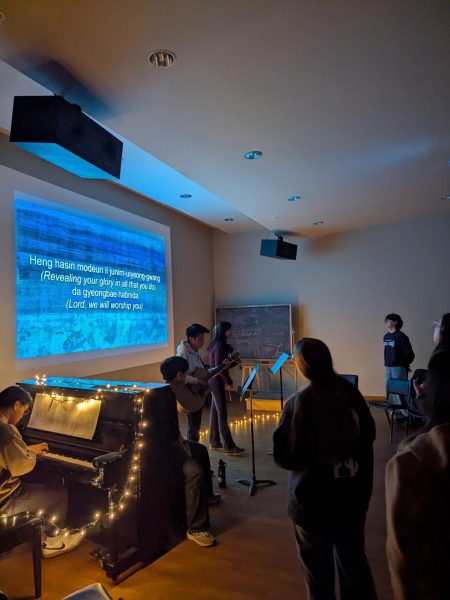Behind the controversy: a look at Indiana’s RFRA
In the past two weeks, America’s core principles have been called into question with the passing of a new Religious Freedom Restoration Act in Indiana (RFRA).
The new RFRA, which goes into effect on July 1, is a standard that the legal system must meet before infringing upon religious beliefs.
The law was originally intended to protect business owners from legal repercussions should they deny service to a gay or lesbian couple due to religious reasons.
It does not grant all providers the right to deny services based on sexual orientation; rather, the provider must be sincere in their beliefs and have central religious reasons for not serving a customer.
The law specifically addresses cases where businesses feel forced to condone and enable gay marriage. From bakeries asked to provide a wedding cake to photographers asked to shoot the event, legal backing is for them to decline such services.
Even with religious grounds for denying service, the courts must still decide whether they are protecting religious freedoms or allowing for discrimination. In past cases, most courts have overruled the RFRA.
Though there are dozens of similar RFRAs, Indiana’s received more attention due to its lack of protection under anti-discrimination law when it comes to sexual orientation.
Because of this and the bill’s original ambiguity, many in the nation viewed it as a catalyst for blatant discrimination against gay and lesbian groups.
Thousands of people marched in Indianapolis, and the protests continued on to the NCAA Final Four Tournament, where gay rights activists stood outside the arena.
Throughout Indiana, local businesses put signs in their store windows declaring, “We Love Everybody” or “Indy Welcomes All.” During a time of increased tourism due to the Final Four Tournament, businesses were fearful of losing their customer support.
The nation’s response has been swift and critical, with the mayors of San Francisco and Seattle pledging to ban public funds for employee travel to Indiana.
Because of the overwhelming public outcry, Indiana governor Mike Pence “clarified” the bill, stating that, “it was not about discrimination. And if [I] thought it was about discrimination [I] would have vetoed it.”
Pence amended the bill, adding that businesses will not be protected by law if they refuse “to offer or provide services, facilities, use of public accommodations, goods, employment, or housing” to any customers based on “race, color, religion, ancestry, age, national origin, disability, sex, sexual orientation, gender identity, or United States military service.”
This spurred the criticism of religious groups who felt that Pence was backpedaling. The Christian legal group Alliance Defending Freedom stated that the amendments “unjustly deprives citizens their day in court, denies freedom a fair hearing, and rigs the system in advance.”
A happy medium in this case will be hard to find.





